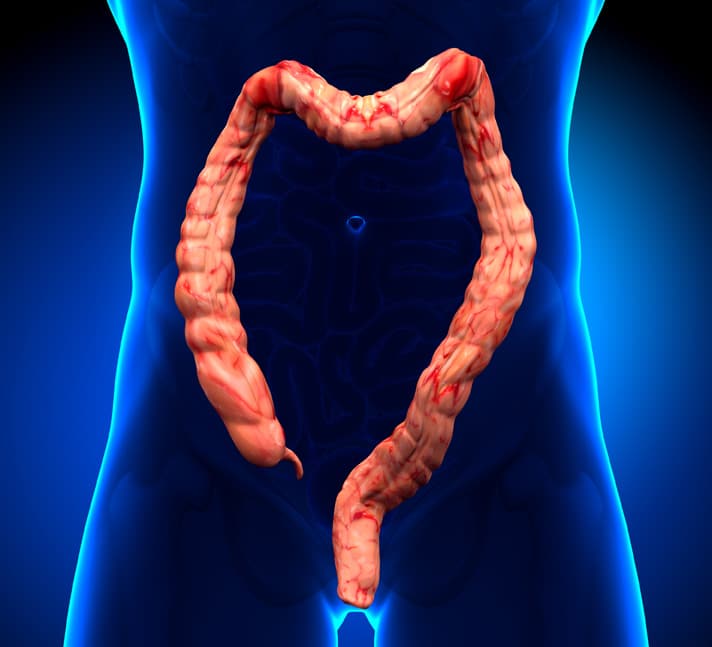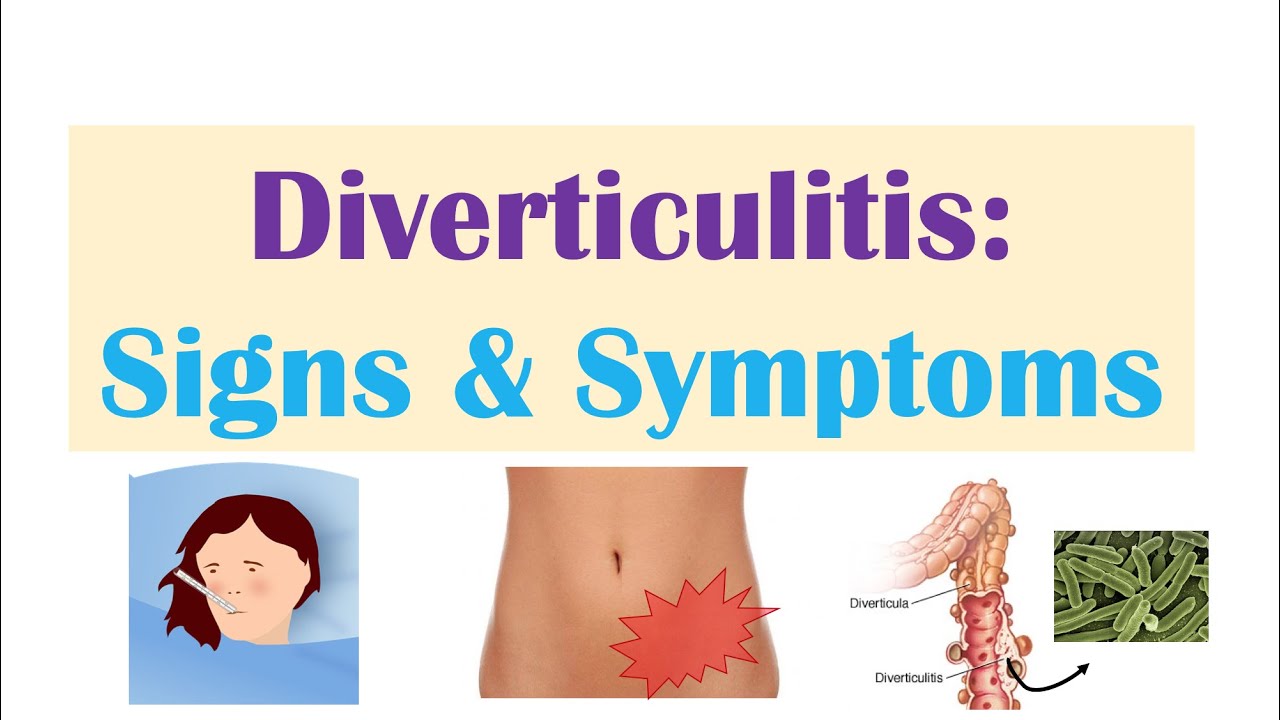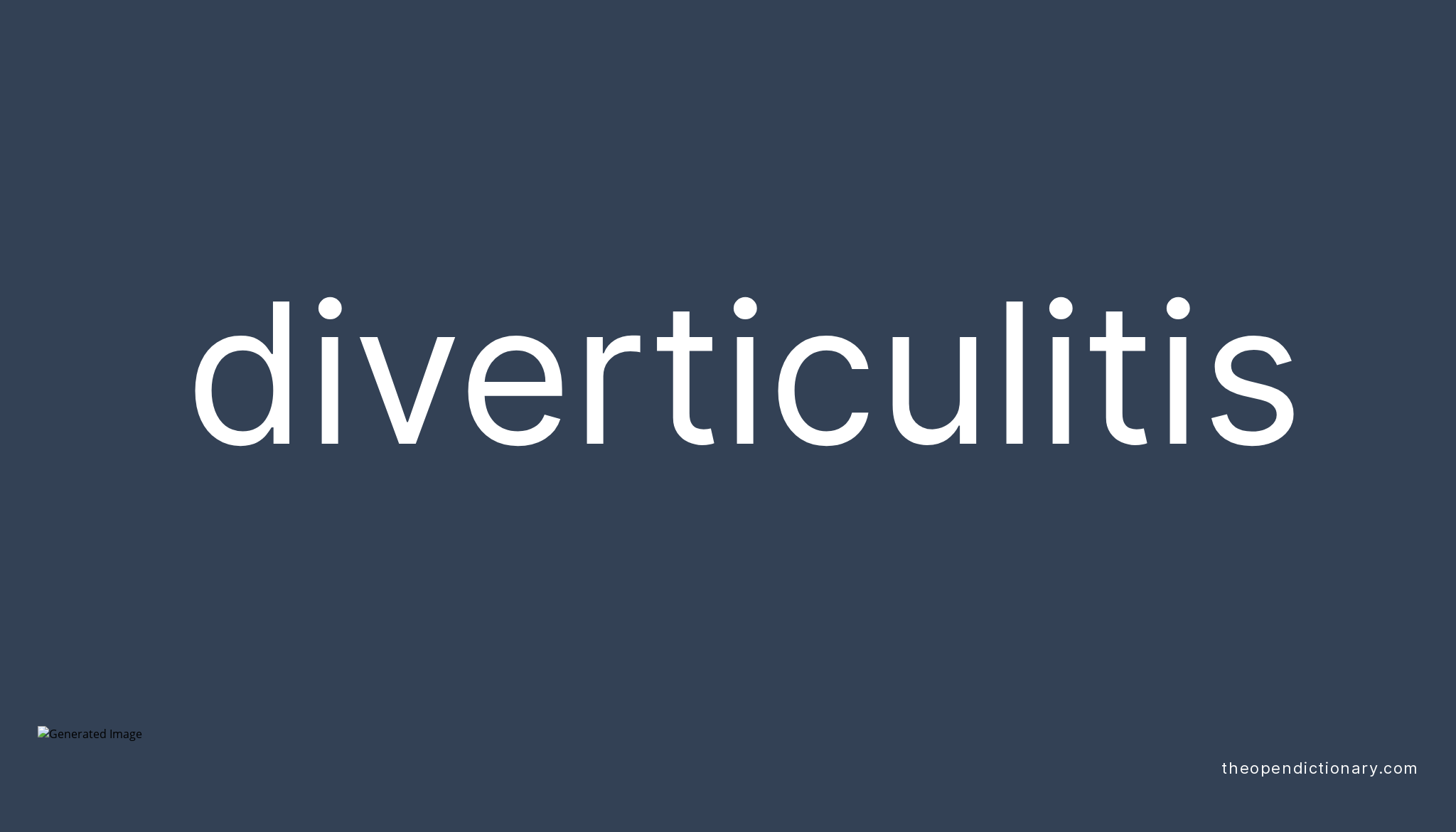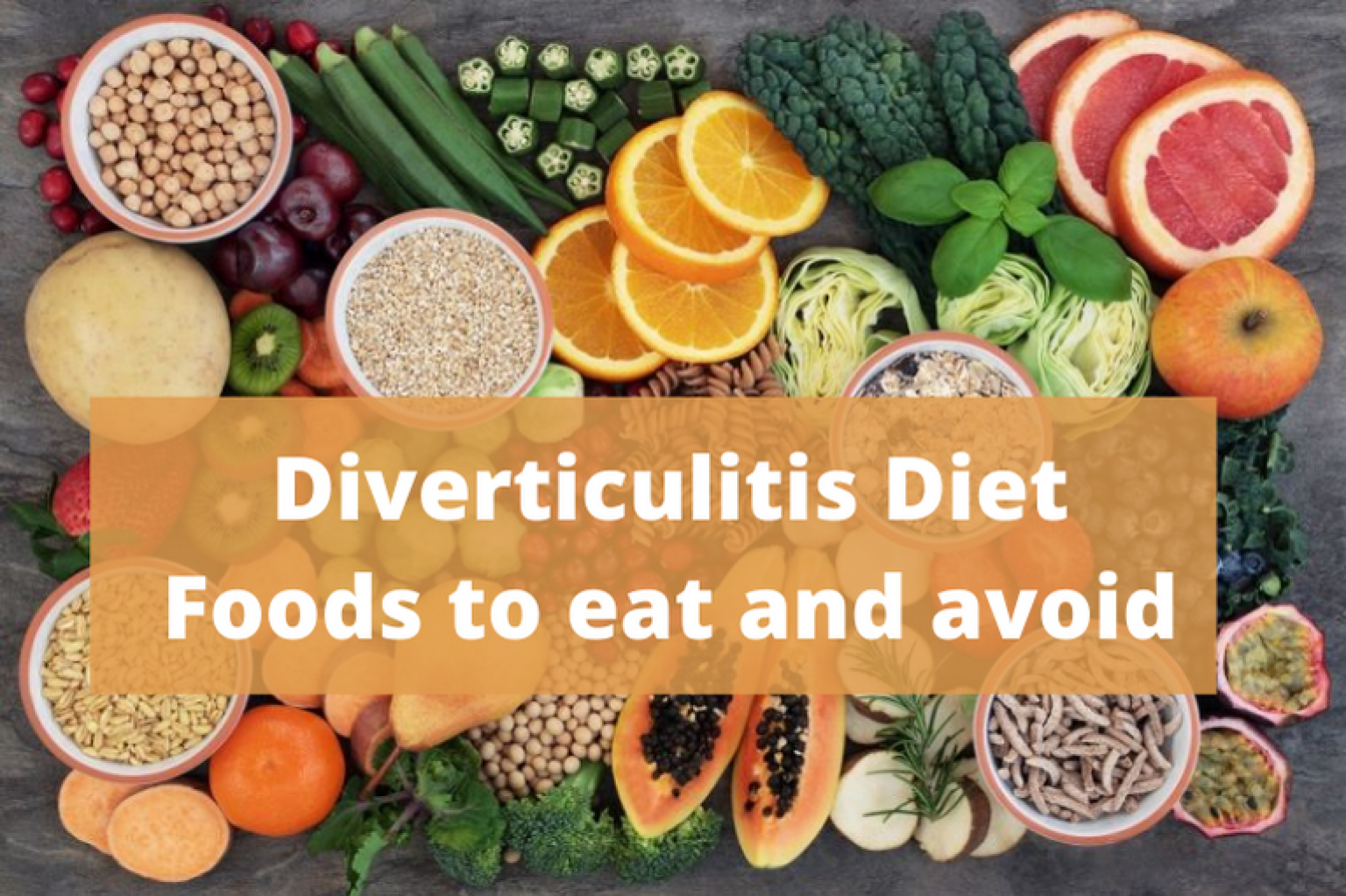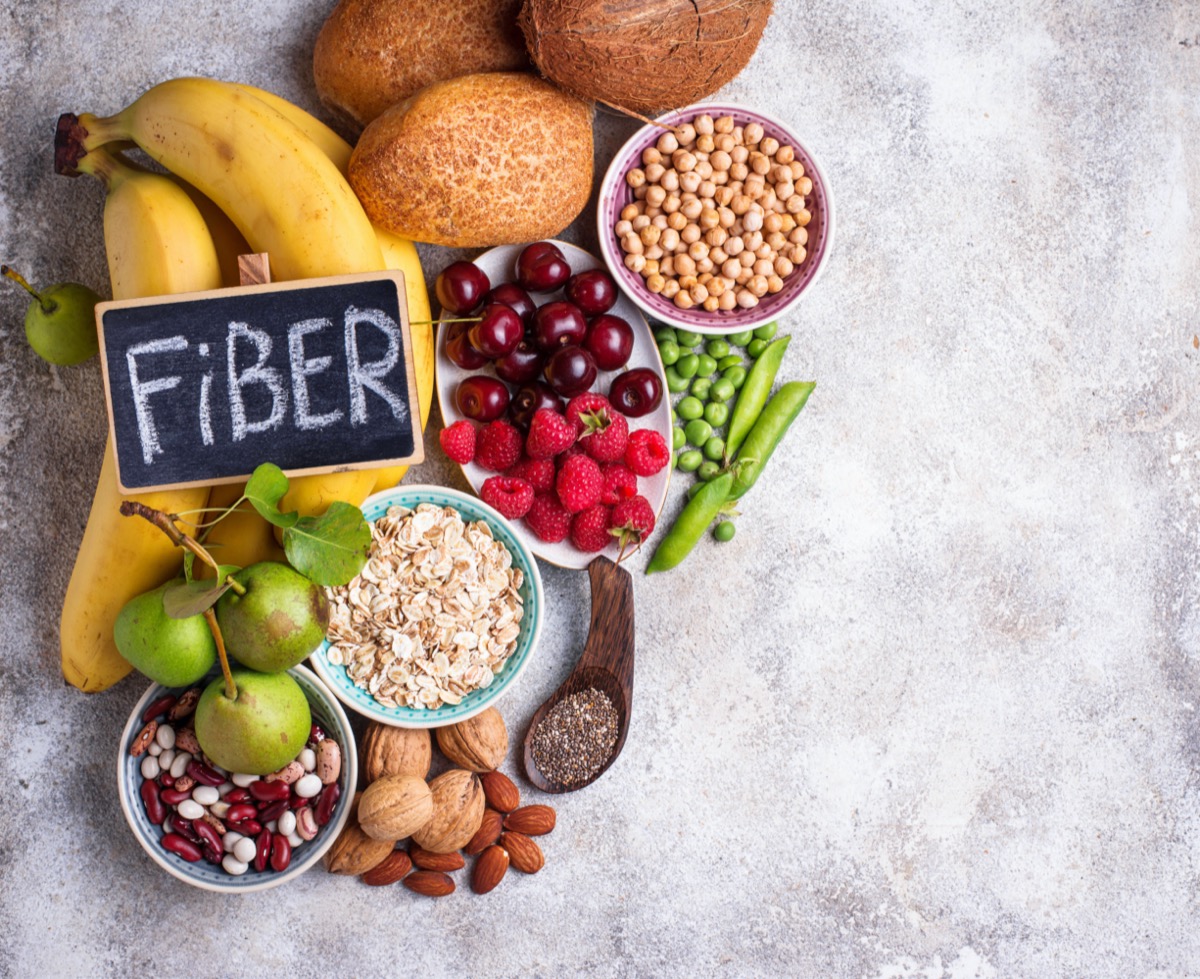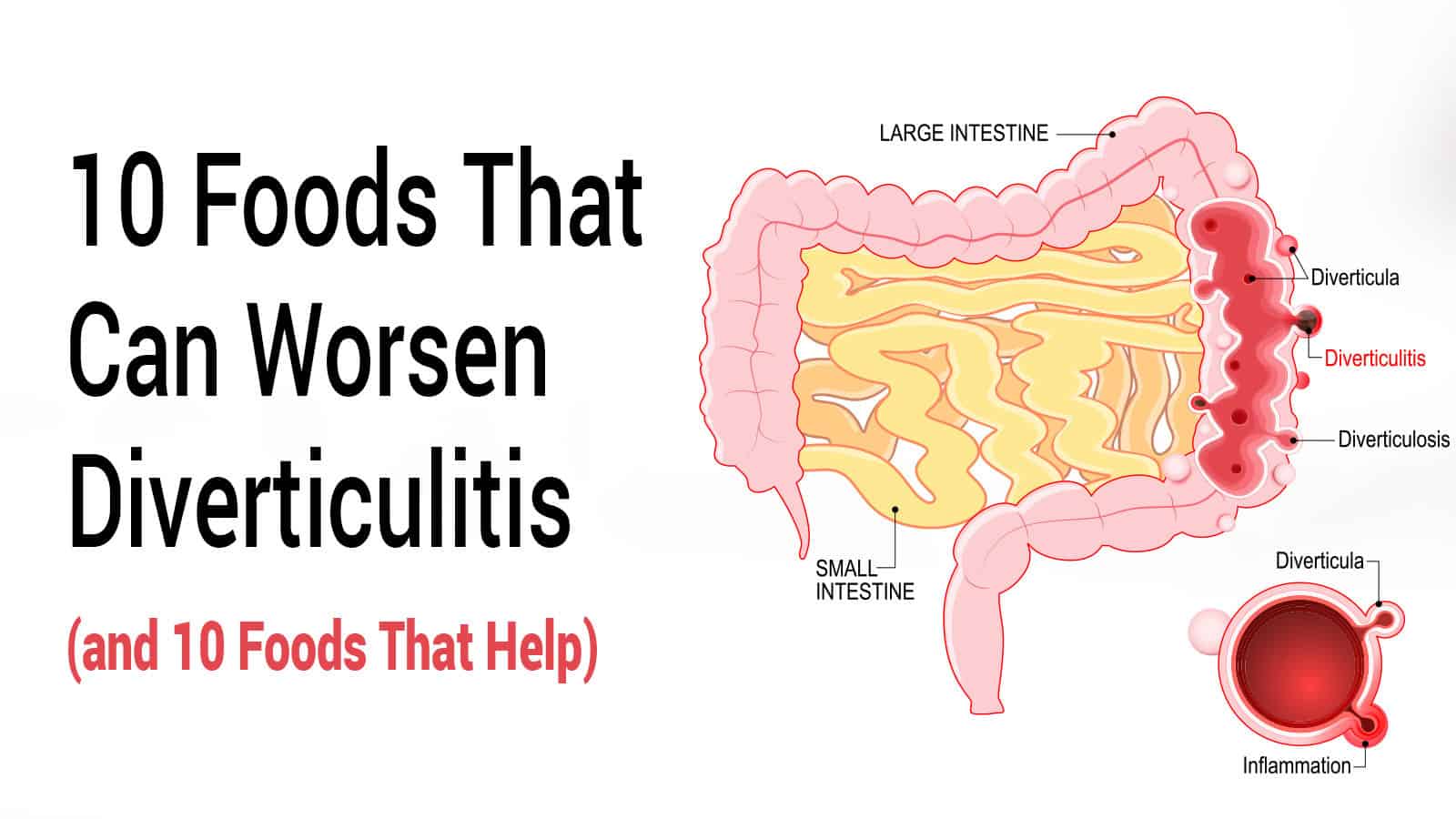Perfect Info About How To Control Diverticulitis

Because abdominal pain can indicate a number of problems, your doctor will need to rule out other causes for your symptoms.
How to control diverticulitis. While these changes won't guarantee that diverticulitis won't recur, they can help reduce your risk. Severe or recurring diverticulitis may require surgery. This may include a digital rectal exam.
Medically reviewed by robert burakoff, md. Explain how to manage a patient with diverticulitis. In severe cases, rectal bleeding may occur.
Diverticula are small, bulging pouches that can form in the lining of your digestive system. A liquid diet for a few days while your bowel heals. Your doctor may also recommend that you take a fiber supplement.
A temporary liquid diet may help soothe the symptoms of diverticulitis. When to return to normal diet. They’ll ask you about your diet, general health, meds you take, and how often you have bowel movements.
Pay attention to symptoms and follow a healthy lifestyle. This treatment is successful in most people with uncomplicated diverticulitis. Care at mayo clinic.
Antibiotics to treat infection, although new guidelines state that in very mild cases, they may not be needed. Once your symptoms improve, you can gradually add solid food to your diet. Diverticulitis is usually diagnosed during an acute attack.
Medically reviewed by roxana ehsani, rd. Updated on august 18, 2023. Diverticula are common, especially after age 40, and seldom cause problems.
Diverticulitis can cause severe abdominal pain, fever, nausea and a marked change in your bowel habits. They are found most often in the lower part of the large intestine (colon). Stay away from nuts and seeds, and don’t eat popcorn — that’s what doctors said years ago if you had diverticulosis, a condition marked by tiny pouches (diverticula) that develop in the lining of the colon.
If one of the pockets becomes injured or infected, it can cause inflammation inside. Outline the role of a collaborative interprofessional team in caring for patients with diverticulitis. Diverticulosis most typically affects the last segment of your colon (sigmoid colon).
Common treatments for diverticulitis include antibiotics, a clear liquid diet, other dietary changes, and surgery. Diverticulosis is the condition of having small pouches or pockets in the inside walls of your intestines. The best way to prevent diverticulitis is to modify your diet and lifestyle.

